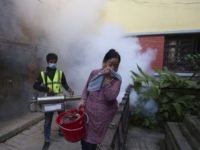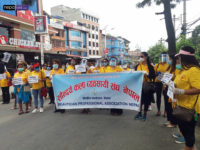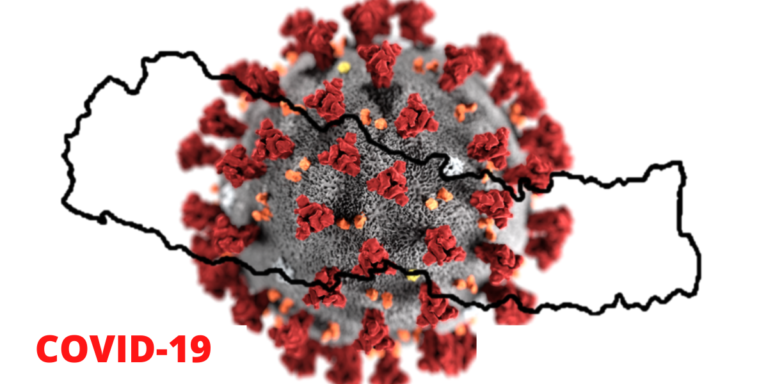Three new cases of the COVID-19 coronavirus have been confirmed in Nepal, bringing the country’s total to 9 cases. Ministry of Health and Population confirmed these reports via their Facebook post.
According to the Ministry, the new cases are a 21-year-old man of Kailai, who returned from Mumbai, India; 41-year-old man from Kanchanpur, who returned from Uttarakhand, India; and Kailali’s 34-year-old woman.
According to the ministry, 34-year-old woman is a relative of one of the earlier patient tested positive for COVID-19 in Kailali. She is the first case of locally acquired case of coronavirus.
Up until now, all of Nepal’s COVID-19 cases had been from people returning from overseas.
As of this writing, Nepal now has total of 9 confirmed cases with 1 recovery.
An appeal to temporarily close all Nepali Beauty Salons Amid COVID-19 outbreak
Information on Coronavirus from World Health Organization (WHO)
What is a coronavirus?
Coronaviruses are a large family of viruses that are known to cause illness ranging from the common cold to more severe diseases such as Middle East Respiratory Syndrome (MERS) and Severe Acute Respiratory Syndrome (SARS).
What are the symptoms of someone infected with a coronavirus?
It depends on the virus, but common signs include respiratory symptoms, fever, cough, shortness of breath, and breathing difficulties. In more severe cases, infection can cause pneumonia, severe acute respiratory syndrome, kidney failure and even death.
Is there a treatment for a novel coronavirus?
There is no specific treatment for disease caused by a novel coronavirus. However, many of the symptoms can be treated and therefore treatment based on the patient’s clinical condition. Moreover, supportive care for infected persons can be highly effective.
What can I do to protect myself?
Standard recommendations to reduce exposure to and transmission of a range of illnesses include maintaining basic hand and respiratory hygiene, and safe food practices and avoiding close contact, when possible, with anyone showing symptoms of respiratory illness such as coughing and sneezing.






















